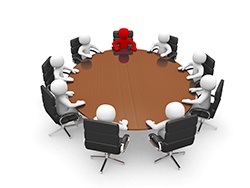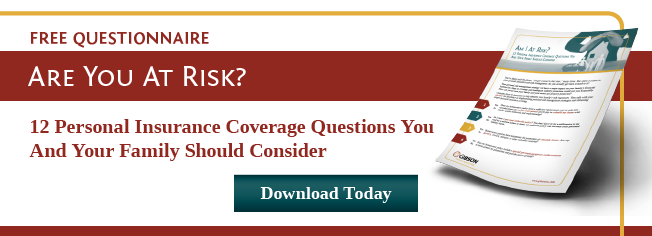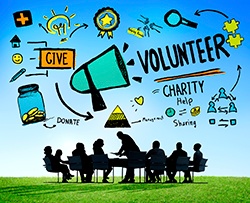 You’ve been asked to share your skills with a local nonprofit by serving on their board of directors. You’re excited to help the organization pursue their mission. But unfortunately without the proper precautions, as a board member, you and your personal assets can be at risk.
You’ve been asked to share your skills with a local nonprofit by serving on their board of directors. You’re excited to help the organization pursue their mission. But unfortunately without the proper precautions, as a board member, you and your personal assets can be at risk.
Board members can be exposed to lawsuits – from employment-related discrimination to mismanagement of funds. But there are ways to protect you in your role as a nonprofit board member.
A Directors & Officers (D&O) liability policy can be purchased by the nonprofit and is intended to provide protection for directors and officers against alleged wrongdoings when they are governing and managing the organization.
What could these alleged wrongdoings be? When considering the potential allegations for wrongful acts, it is important to keep in mind the responsibilities of board members. Nonprofit boards have 3 main legal responsibilities, as summarized by the Council Of Nonprofits:
- Take care of the nonprofit by ensuring prudent use of all assets, including facility, people, and good will; and provide oversight for all activities that advance the nonprofit’s effectiveness and sustainability. (legal "Duty of due care")
- Make decisions in the best interest of the nonprofit corporation; not in his or her self-interest. (legal "Duty of loyalty")
- Ensure that the nonprofit obeys applicable laws and acts in accordance with ethical practices; that the nonprofit adheres to its stated corporate purposes, and that its activities advance its mission. (legal "Duty of obedience")
The allegations could come from: a breach of duty, errors & omissions, negligent acts, misleading statements, dissemination of false information, and mismanagement of funds. Additionally, wrongful employment acts can lead to allegations, including discrimination, defamation, slander, wrongful demotion, and failure to employ, among others.
Mistakenly, many board members and nonprofits cast aside D&O as an unnecessary policy, thinking that the likelihood of a claim is minimal. Yet in a 2013 survey by Towers Watson, 63% of the nonprofit participants reported claims against their D&O policy within the last 10 years.
The majority arise from management decisions of board members, employees, and the organization. The Nonprofit Risk Management Center reports 85% of claims to D&O liability policies from nonprofit organizations have been employment related. But lawsuits can also be brought from a variety of sources beyond current and former employees such as vendors, donors, beneficiaries, other directors, and government officials.
What Can You Do To Be Sure You Are Protected?
- Talk with the nonprofit about a D&O policy. Do they have one? Have they considered one? What is preventing them for getting a D&O policy? The cost is relatively minimal compared to the coverage it provides.
- Talk with your insurance advisor to see if your homeowners or personal umbrella policy offers any endorsements to cover voluntary activities. The organization should have a D&O policy to provide the first line of defense, but it can also be beneficial to have personal coverage as well if you can get it.
As a board member, you want to spend less time worrying about potential lawsuits or claims and more time focused on the organization’s mission – taking these precautions will allow you to do so.





